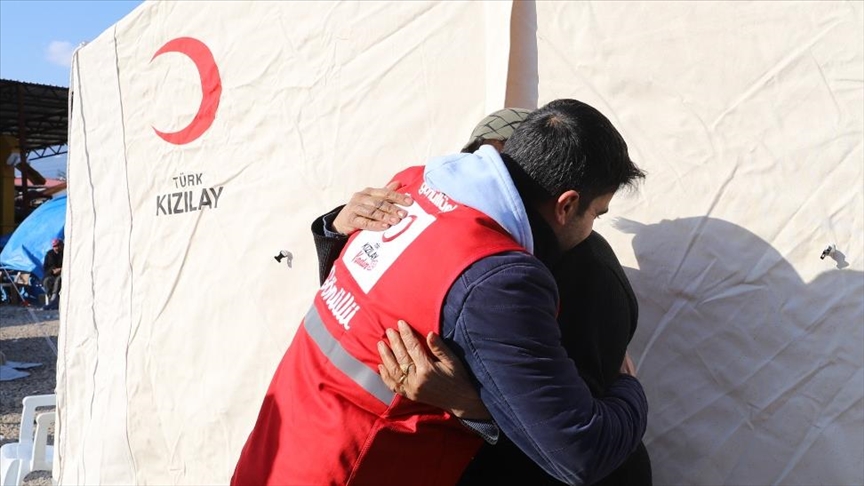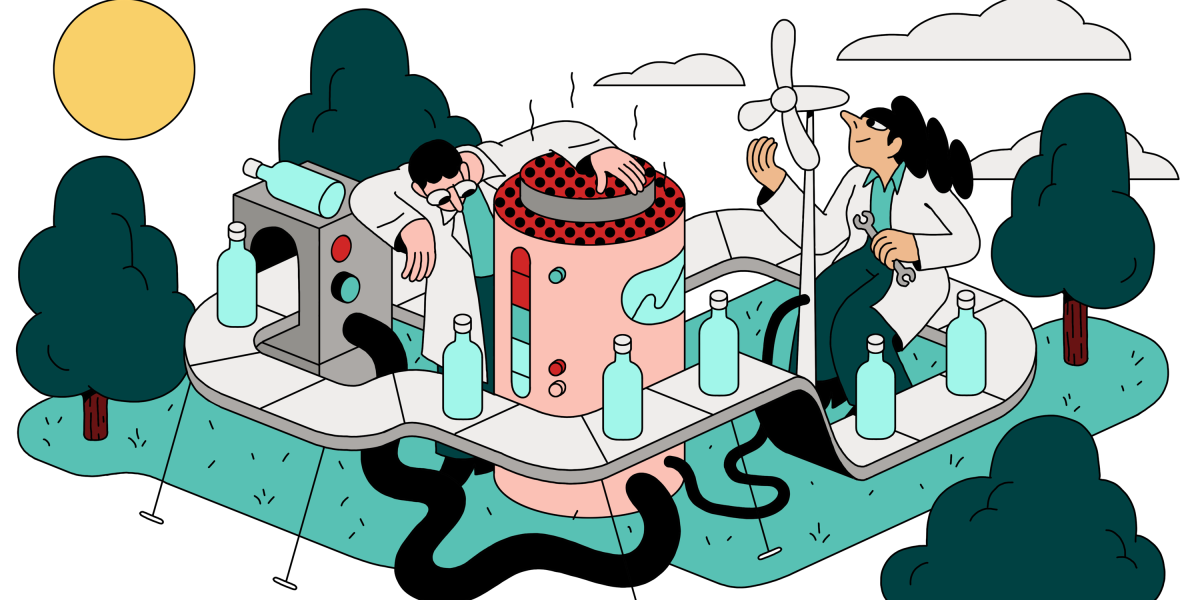Turkeys water resources turn it into a regional power
Controlling the source of the two rivers, gives Turkey first use of the water to best serve its agriculture and industry and leaving its two southern neighbours at Ankara’s benevolence over the crucial supply.
In 1981, tensions rose when Turkey started the construction of the Ataturk dam, the fifth largest in the world and part of the ambitious Southeastern Anatolia project (GAP).
The project, which is due to be completed in 2010 but many say will realistically be finished closer to 2020 due to lack of funding, is designed to develop one of Turkey’s poorest regions.
However, the dam will also cut Syria’s flow from the Euphrates by 40 percent and Iraq’s by 90 percent.
The Euphrates is 2,300 kilometers long running south into Syria and then on into Iraq.
Turkey lays claim to 88 percent of the Euphrates’s flow and 50 percent of the Tigris’s, which Ankara claims gives it every right to a free and independent use of the water.
Turkey’s claim is further helped by there being no international agreements governing the division of water resources between countries sharing a river.
Syria has accused Turkey of depriving them of their rightful heritage with the GAP project an argument Ankara dismisses saying that Damascus is wasting the water it gets due to an archaic irrigation system.
Turkey and Syria first came to an agreement in 1987, when Ankara guaranteed a flow of 500 cubic meters per second to Syria, half of its natural flow but the agreement did not stipulate how much water Syria had to let through to Iraq.
In 1992, the three neighbours established a technical committee to negotiate how to share the water, but that committee has yet to yield any results.
Relations though have improved since Syria signed a security pact with Turkey in 1998 after the two came to brink of war over Damascus’ support for Kurdish rebels. The regime change in Iraq could also help talks, officials and analysts say.
"The changes in the region have created a better environment to discuss the water question," said one Turkish diplomat who asked to remain anonymous.
"The problem persists," said Huseyin Bagci, a professor in international relations, but the means to overcome the problem have changed considerably due to the political changes in Iraq and the greater political transparency in Damascus.
"The question can be negotiated without any of the protagonists feeling threatened," Bagci said.
Turkey is also trying to cash in on the precious resource by selling water from the Manavgat River, shipping it from the Mediterranean port of Antalya to potential clients such as Israel or Jordan in a project named "Water of Peace".



